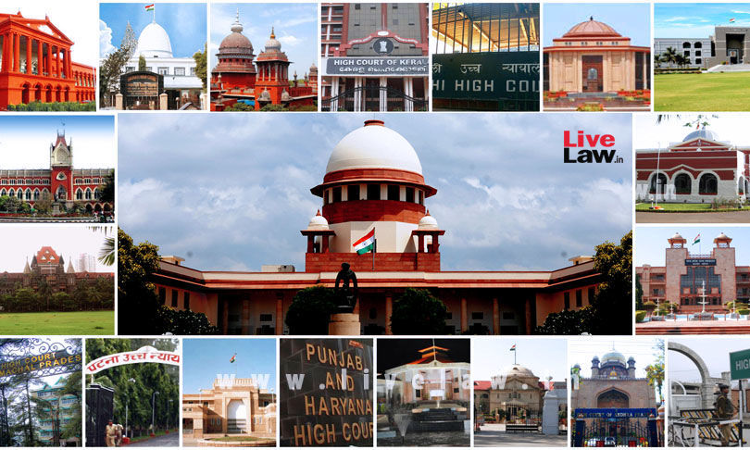Supreme Court Seeks Responses Of High Courts In Plea To Establish Gram Nyayalayas
LIVELAW NEWS NETWORK
15 Nov 2022 9:54 AM IST

Next Story
15 Nov 2022 9:54 AM IST
The Supreme Court on Monday issued notice to the Registrar Generals of all High Courts in a petition which seeks directions to the States to establish "Gram Nyayalayas" as per the Gram Nyayalayas Act 2008.A bench comprising Justices S Abdul Nazeer and V Ramasubramanian added High Courts as respondents in the case, after noting that their presence was necessary for adjudicating the...
